
Regional powers hailed Felix Tshisekedi as DR Congo's incoming president on Sunday, despite claims by his opponents of an election stitch-up and the African Union earlier warning of "serious doubts" over the result.
Announcing the final results of the much-delayed poll, the Constitutional Court threw out a legal challenge by runner-up Martin Fayulu in an overnight declaration early on Sunday.
It declared Tshisekedi the winner, paving the way for him to take over from the country's longtime leader Joseph Kabila, 47.
The election dispute has raised fears of fresh bloodshed in the vast and volatile central African nation.
The chairman of the African Union (AU), Rwandan President Paul Kagame, was due in Kinshasa on Monday after the AU questioned the election results.
The bloc had called for the final results to be delayed.
But the 16-nation Southern African Development Community congratulated Tshisekedi on Sunday for being declared president-elect and called for a peaceful handover of power.
"The SADC reiterates the need to respect the sovereignty and territorial integrity of the DRC," its chairman Hage Geingob, president of Namibia, said in a statement.
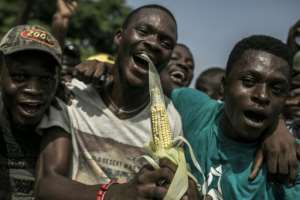 Felix Tshisekedi's supporters sang and danced ahead of the Constitutional Court announcement that declared him the election winner. By John WESSELS (AFP)
Felix Tshisekedi's supporters sang and danced ahead of the Constitutional Court announcement that declared him the election winner. By John WESSELS (AFP) "SADC calls upon all Congolese to accept the outcome, consolidate democracy and maintain a peaceful and stable environment."
Hundreds of Tshisekedi's supporters celebrated by blowing whistles and horns near his party headquarters in the capital Kinshasa, where the atmosphere was otherwise calm on Sunday.
Fayulu alleges 'coup'
Fayulu has described the outcome of the vote as an "electoral coup".
He called for peaceful protests, though no major incidents were reported across the country on Sunday.
Fayulu has alleged that Tshisekedi promised to protect Kabila's political and financial interests in return for helping to ensure his victory.
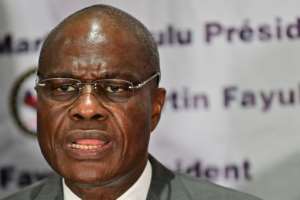 Martin Fayulu claims he was cheated of victory in the presidential polls. By TONY KARUMBA (AFP)
Martin Fayulu claims he was cheated of victory in the presidential polls. By TONY KARUMBA (AFP) "I ask the entire international community not to recognise a power that has neither legitimacy nor legal standing to represent the Congolese people," he said of Tshisekedi.
The winning candidate called for unity.
"This is not a victory for one side or the other," Tshisekedi said in a video message.
"The Congo we are going to build will not be a Congo of division, hate and tribalism -- it will be a Congo that is reconciled, a strong Congo, looking towards development, peace and security for all."
Recount call rejected
Tshisekedi's victory was provisionally announced earlier this month by the Independent National Election Commission (CENI) but it was challenged both at home and abroad.
On Sunday, the Constitutional Court, which is made up of Kabila's allies, said Fayulu had failed to prove any inaccuracies in the figures. It described his call for a recount as "absurd".
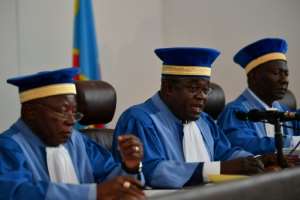 The Consitutional Court said Fayulu's claims were 'unfounded' and he had failed to prove any inaccuracies in the results. By TONY KARUMBA (AFP)
The Consitutional Court said Fayulu's claims were 'unfounded' and he had failed to prove any inaccuracies in the results. By TONY KARUMBA (AFP) The court declared Tshisekedi as the "president of the Democratic Republic of Congo by simple majority".
The Financial Times and other foreign media have reported seeing documents that confirm Fayulu as the winner.
The influential Roman Catholic Church, which says it deployed 40,000 observers to monitor the poll, has also dismissed the official outcome.
Fears of bloodbath
Awaiting Sunday's court announcement, hundreds of Tshisekedi's supporters gathered outside the court holding placards saying "No to interference" and "Independent country" as riot police stood nearby.
Leader of the country's oldest and biggest opposition party, the Union for Democracy and Social Progress, 55-year-old Tshisekedi has never held high office.
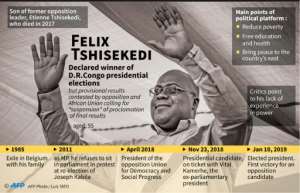 Felix Tshisekedi, former exile, now declared winner of presidential elections in the Democratic Republic of Congo. By Juliette VILROBE (AFP)
Felix Tshisekedi, former exile, now declared winner of presidential elections in the Democratic Republic of Congo. By Juliette VILROBE (AFP) The dispute has raised fears that the political crisis that began when Kabila refused to step down at the end of his constitutional term in office two years ago could turn into a bloodbath.
The vast country lived through two regional wars in 1996-97 and 1998-2003. The previous two elections, in 2006 and 2011, were marred by bloody clashes.
Doubts over vote result
At a summit on Thursday, AU leaders said there were "serious doubts" about the election figures and called for the final results to be delayed.
DR Congo government spokesman Lambert Mende had snubbed the demand, saying: "I don't think it is the business of the government or even of the African Union to tell the court what it should do."
He said the new president would "probably" be sworn in on Tuesday along with a new legislature -- dominated, according to official election results, by Kabila allies.
Ahead of Kagame's visit, the European Union said it joined the AU in inviting "all the Congolese players to work constructively with this delegation to find a post-electoral solution which respects the Congolese people's vote".
Read Full Story
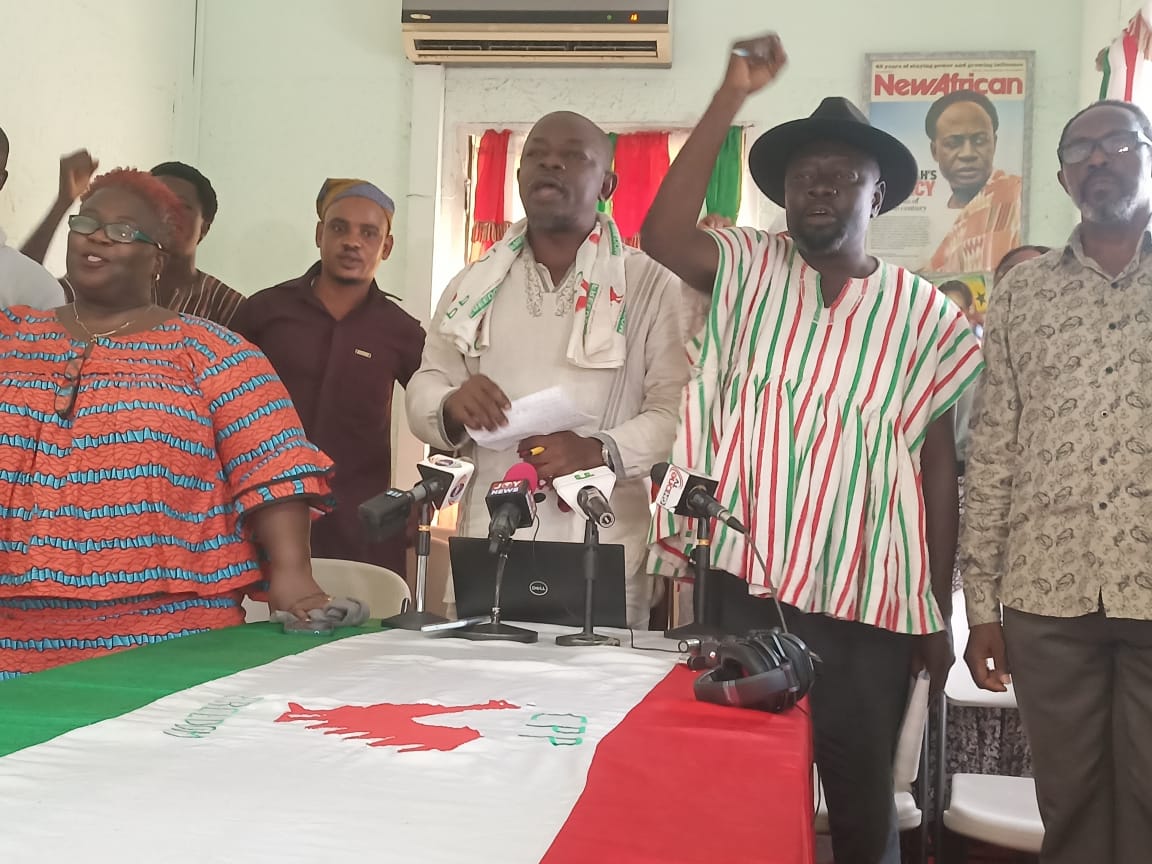
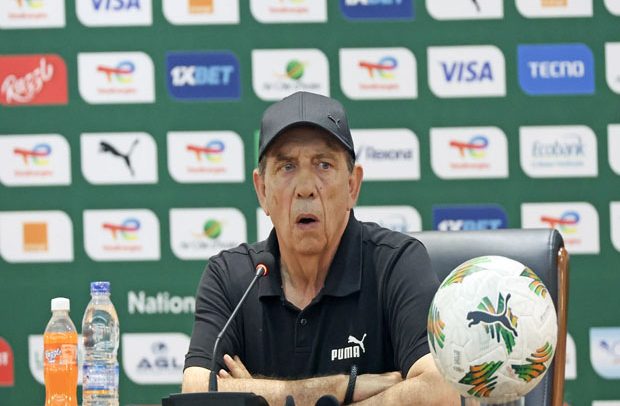

















Facebook
Twitter
Pinterest
Instagram
Google+
YouTube
LinkedIn
RSS